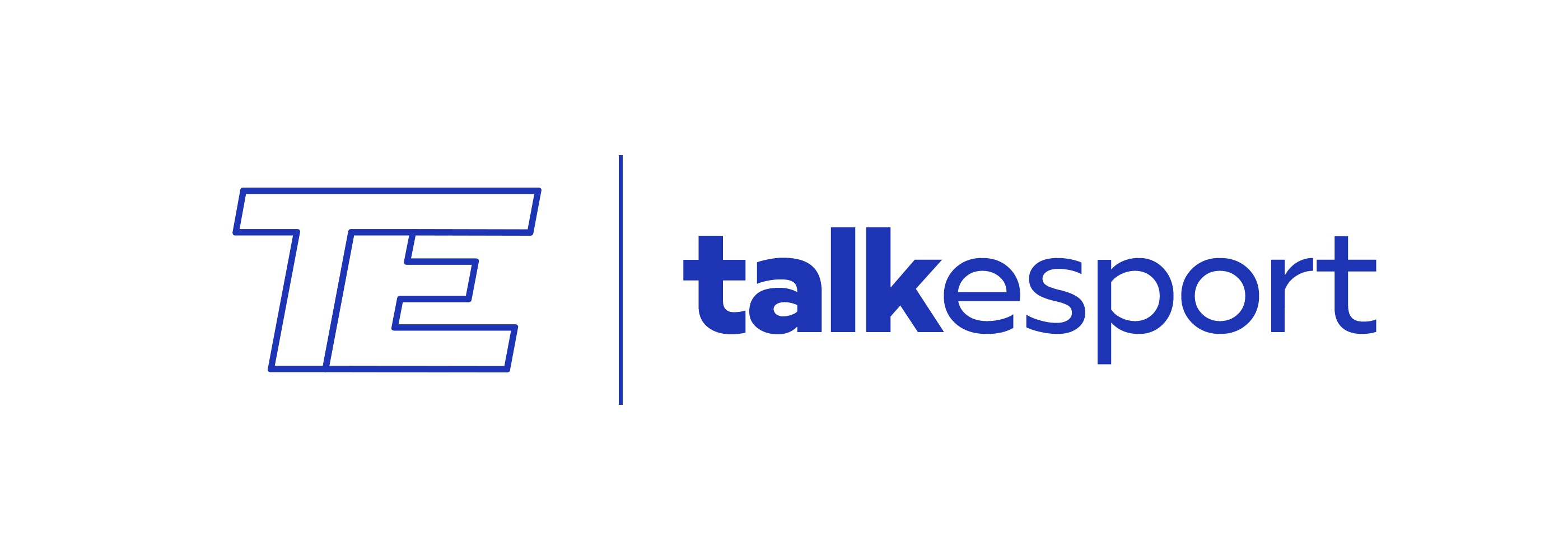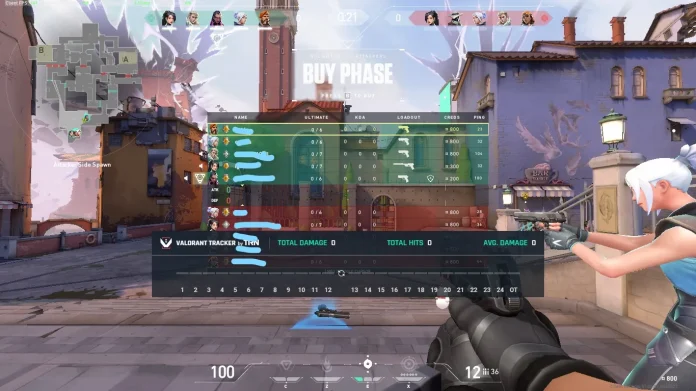The question of whether Valorant Tracker reduces FPS (frames per second) in the game is common among players. Many gamers want to ensure that their performance remains optimal while using additional tools. This article will explore the relationship between Valorant Tracker and FPS, considering different setups and user experiences.
What is Valorant Tracker?
Valorant Tracker is a third-party application designed to help players analyze their gameplay. It provides statistics such as kill/death ratios, win rates, and other performance metrics. By tracking these stats, players can identify areas for improvement and enhance their skills over time. The tracker runs in the background while you play, allowing you to access data without interrupting your game.
Does Valorant Tracker Affect FPS?
The impact of Valorant Tracker on FPS largely depends on your computer’s specifications. For players with high-end PCs, the tracker is unlikely to cause any noticeable drops in FPS. Many users report smooth gameplay even with the tracker running. For instance, one user stated, “I’ve been using Valorant Tracker for months and haven’t seen any FPS drop” . This suggests that modern systems can handle the additional load without significant issues.
However, for those playing on lower-end PCs, any additional software can potentially affect performance. If your system is already struggling to run the game smoothly, running multiple background applications could lead to reduced FPS. One player noted that their game was smoother before they started using the tracker, indicating that individual experiences may vary based on hardware.
Background Processes and Performance
Running multiple applications simultaneously can strain your system’s resources. Valorant Tracker operates outside of the game but still requires some CPU and memory usage. If your PC has limited resources, this could lead to performance issues. Therefore, it is essential to ensure that your system meets the minimum requirements for both Valorant and any additional software you plan to use.
To optimize performance while using Valorant Tracker, consider these tips:
- Close Unnecessary Applications: Before launching Valorant and the tracker, close any programs you do not need. This can free up valuable resources.
- Check System Requirements: Ensure your PC meets or exceeds the recommended specifications for Valorant.
- Monitor Resource Usage: Use Task Manager to see how much CPU and memory are being used by different applications.
User Experiences
Many players have shared their experiences regarding FPS while using Valorant Tracker. The general consensus among users with decent setups is that the tracker does not significantly impact performance. A user mentioned that “using Valorant Tracker shouldn’t affect your FPS” because it is designed to be lightweight. This aligns with reports from other gamers who have not experienced any lag or drops in frame rates.
However, some users with lower-end systems reported experiencing issues. They suggested that while the tracker itself may not be the direct cause of FPS drops, it can contribute when combined with other resource-intensive applications running in the background.
In summary, whether Valorant Tracker reduces FPS depends on your computer’s specifications and how many other processes are running at the same time. For most modern gaming setups, using Valorant Tracker should not lead to noticeable drops in performance. However, players with lower-end systems may need to manage their background processes carefully to maintain optimal gameplay.
If you are concerned about FPS drops while using Valorant Tracker, consider testing it out on your system. Monitor your performance before and after launching the tracker to see if there are any changes. Ultimately, maintaining a clean and efficient setup will help ensure a smooth gaming experience while utilizing tools like Valorant Tracker.


